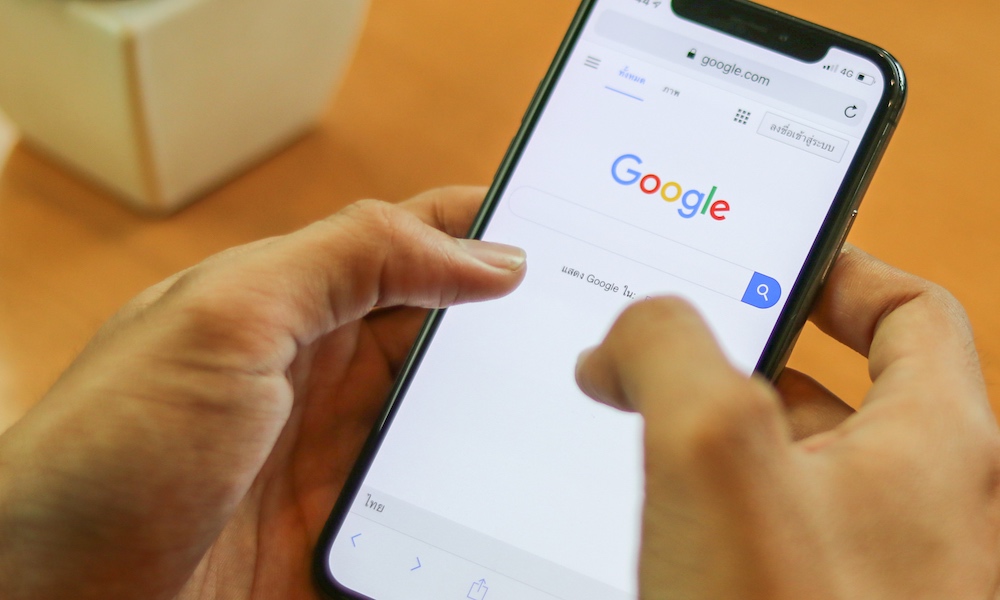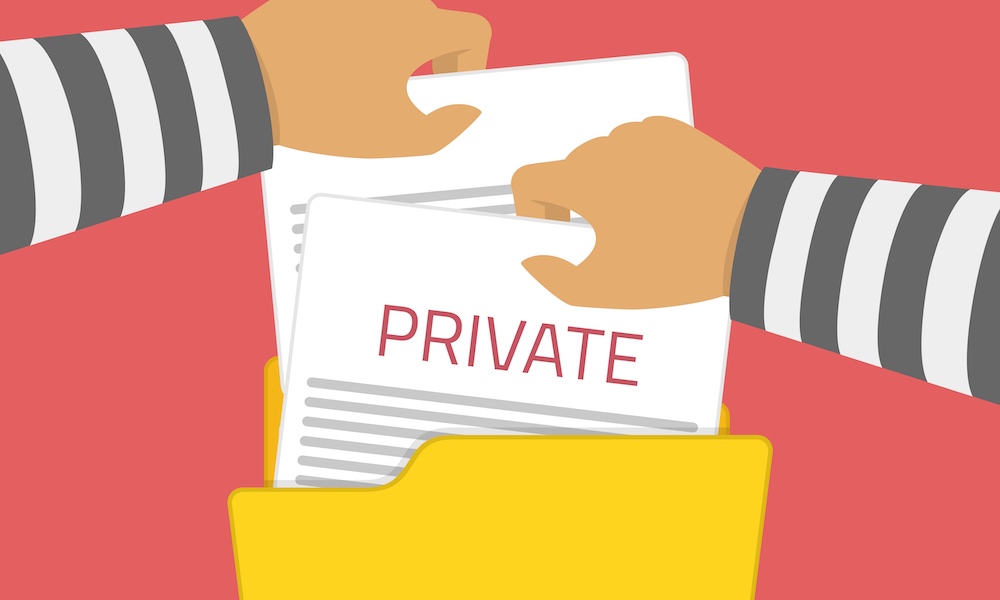4 Important Ways a U.S. Federal Privacy Law Could Affect You
 Credit: Meiwphotographer / Shutterstock
Credit: Meiwphotographer / Shutterstock
Apple CEO Tim Cook has repeatedly called for federal privacy regulations in the U.S. and he's not alone. Consumers like you, tech executives and state governments (like California) are all are echoing that call. Essentially, what all this means is that the times are changing. Users are getting savvier, tech companies are jumping on board, and so a U.S. privacy law seems all but inevitable, but more importantly, it'll change much of what we know today about privacy. Continue reading to learn 4 Ways a U.S. Federal Privacy Law Could Affect You.
You'd Be Able to See Your Private Data
Granted, in the wake of the GDPR, most websites have had to adapt to the times with privacy policy disclosures and other compliance systems. But there are still shadowy markets in the U.S. in which entities can buy and sell a user’s data largely without their knowledge.
Only occasionally are these markets exposed, but with a federal privacy law, there will likely be less chance for them to exist undisclosed. Similarly, if a data breach occurs, a federal law could require a uniform approach for companies to notify their users in a prompt manner.
Further Control Your Private Data
For many people, just being able to see their data isn’t enough — and it’s likely that an all-encompassing privacy law would go one step further. Namely, GPDR-
That means that tech firms and data collectors wouldn’t be able to harvest your data without explicit consent. Though, of course, simply using a platform — and skipping past the terms of usage agreement — may be consent enough for data collection to occur.
But under a privacy law, users could also delete their data. That’s already the case in Europe, where users can systematically erase certain portions of data that companies have collected on them (known as the right to be forgotten). Apple CEO Tim Cook has even called for a centralized system where users can delete their data “on demand.”
You'd Know What to Expect Going Forward
One of the things that a federal privacy law would implement is consistency. As it stands out, corporations have a responsibility to be “good stewards” of our data. But the problem is that good stewardship isn’t set in stone. Even state laws, which could differ radically, wouldn’t guarantee this level of consistency.
With GDPR-style protections, there would be one set of practices for data transparency, the right to be forgotten, and data breach notifications. The centralized “clearinghouse” Tim Cook called for is an example of a single system where users can see all of their data in one place.
And that consistency could be a boon for consumers in many ways. For example, it’s impossible to tell what exact privacy policies or rights you’ve agreed to. A single set of regulations could make it easier to consumers to know their rights — and to make sure that they’re being respected.
Tech Giants Would Need to Be More Careful with Your Data
With federal privacy laws in Europe and the U.S., tech firms will need to be much more careful with user data. That may look like shying away from sketchy practices or keeping a closer eye on how third-parties use the data that they provide. But whatever it looks like, companies should take their roles as data custodians much more seriously.
Of course, there’s an argument to be made that a federal level privacy law could negatively impact companies. Firms may need to hire more staff or spend money on systems to become complaint, and targeted advertising strategies may very well have to change.
But that future still seems a lot brighter than the alternative. Privacy, as Apple puts it, should be a human right guaranteed by the government and respected by corporate entities. Indeed,




